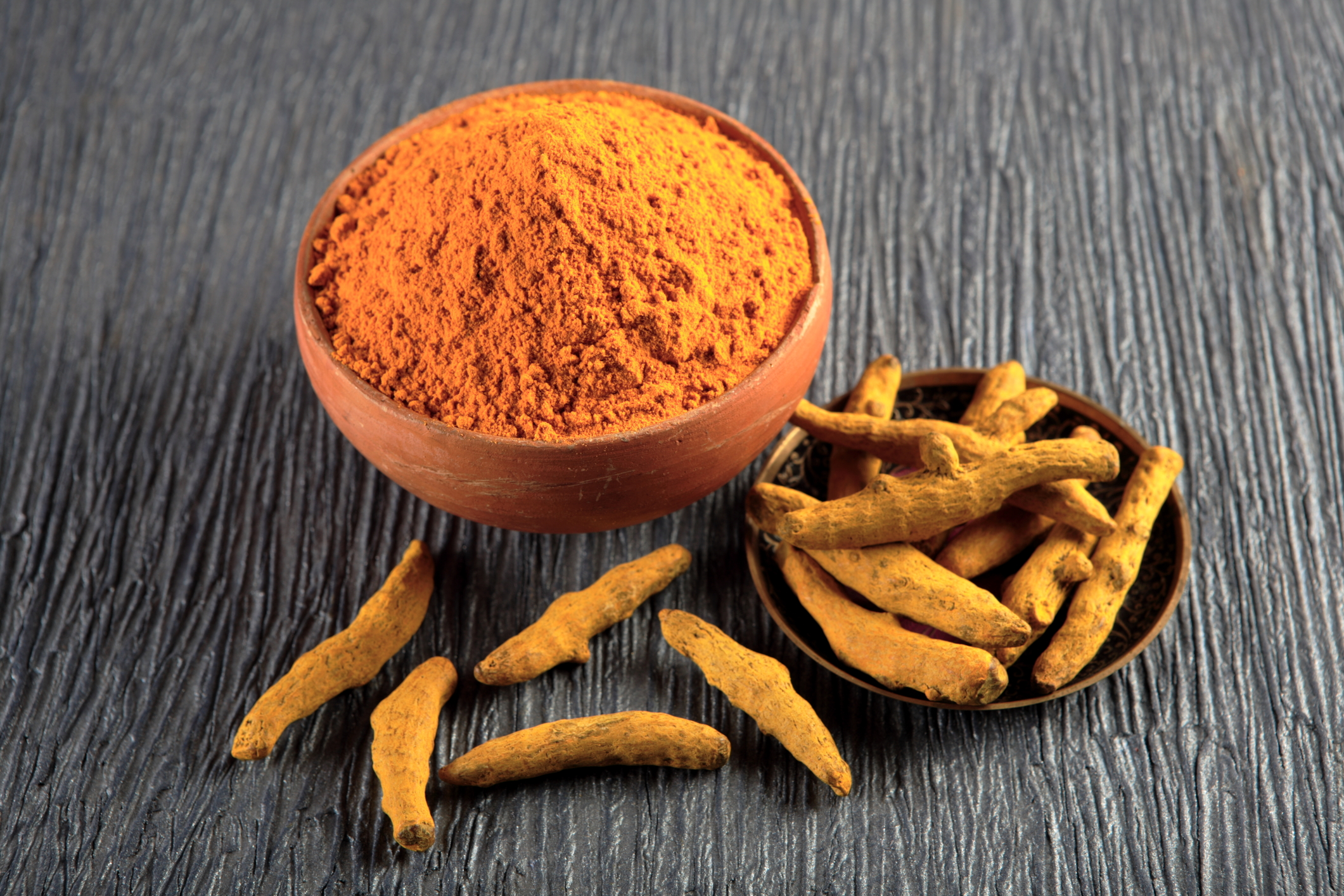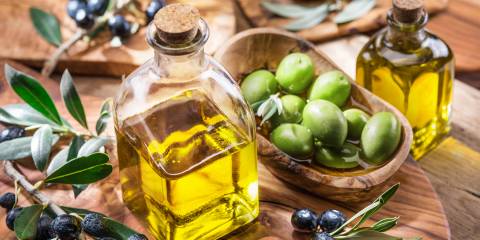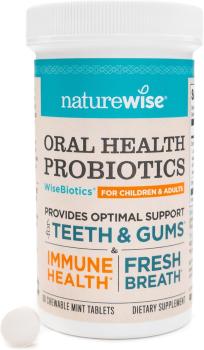Stiff, swollen, inflamed joints are common ailments as we age. They’re also the hallmarks of osteoarthritis (OA), the most widespread joint disease.
Inflammation May Cause Osteoarthritis
Research finds that inflammation might be a cause of OA rather than a mere symptom.
OA is characterized by a breakdown of cartilage, particularly in the knees, hips, fingers, neck, and spine. Stanford University professor William Robinson, MD, PhD, says OA has long been viewed “as a matter of simple wear and tear, like the tires gradually wearing out a car.”
His research shows that chronic, low-grade inflammation of the joints is a significant factor in the development of OA. Targeting the underlying inflammation that occurs well before OA symptoms appear might be enough to prevent the condition from developing.
Cartilage Building Supplements
Reduce Inflammation with Glucosamine and Chondroitin
Dietary supplements such as glucosamine and chondroitin continue to be studied for their potential to support joint health and ease osteoarthritis (OA) symptoms. Recent reviews suggest these supplements can provide benefits.
One large 2025 systematic review of 146 human studies found that most research reports positive outcomes for glucosamine and chondroitin in managing OA pain and joint discomfort, with a favorable safety profile and minimal adverse effects compared with placebo or standard treatments.
Other analyses also suggest that these supplements may be more effective when combined with other therapies or nutrients. A 2024–2025 meta‑analysis found that glucosamine paired with anti‑inflammatory agents such as omega‑3 fatty acids or with ibuprofen significantly reduced knee OA pain compared with placebo, and combinations including chondroitin and methylsulfonylmethane also showed pain reduction benefits.
However, results across studies still vary depending on factors like supplement formulation, OA severity, and study design, and not all combinations show strong efficacy in every outcome.
Chondroitin Sulfate and Hyaluronic Acid Help Lubricate the Joints
Research indicates that chondroitin sulfate and hyaluronic acid can improve joint pain and mobility in people with OA. These compounds, along with glucosamine, are naturally produced by the body and are key components of cartilage and synovial fluid, which help lubricate and cushion the joints. They are widely available in capsules, tablets, powders, and liquids and are often taken together for added benefit.
According to Jorg Jerosch, MD, a review of these “chondoprotective” compounds supports their use in patients with OA. He notes that their effectiveness may be enhanced when combined with anti-inflammatory and joint-supportive nutrients, including omega-3 fatty acids, antioxidant vitamins A, C, and E, and trace minerals such as selenium, zinc, and copper.
Herbal and Nutritional Inflammation Fighters
Here are some other supplements that have been studied extensively for relief of joint pain.
- Fish oil is rich in omega-3 fatty acids, which fight inflammation and are essential for many functions of the body and brain.
- Gamma linolenic acid (GLA) is an omega-6 fatty acid, found in the oils of some plant seeds, including evening primrose, borage, and black currant. The body converts it into inflammation-fighting compounds.
- Natural eggshell membrane (NEM) has been shown to relieve pain and stiffness in joints and connective tissues, with some studies reporting rapid improvement within seven days and ongoing benefits.
- The spice turmeric and its chemical component curcumin have been shown to protect joints from inflammation and damage.
- Herbs such as boswellia (also known as frankincense), ginger, and green tea extracts show promise in reducing inflammation in the joints.
- Andrographis, devil’s claw, and white willow bark are other botanicals that some users find effective for joint pain.
- For topical relief, consider gels or creams that contain capsaicin, the fiery extract of cayenne peppers, or homeopathic products.
Use Care When Using Supplements with Medications
Keep in mind that herbal supplements may cause side effects when they interact with prescription medications. Glucosamine, for example, can affect clotting agents. Herbs may also interact with medications that are prescribed before and after surgery. Be sure to discuss your use of supplements with your healthcare provider, especially prior to surgery.
And if you’re allergic to shellfish, be aware that supplemental glucosamine is usually extracted from crabs, shrimp, or lobsters. Ask your natural products retailer about plant-sourced glucosamine.




